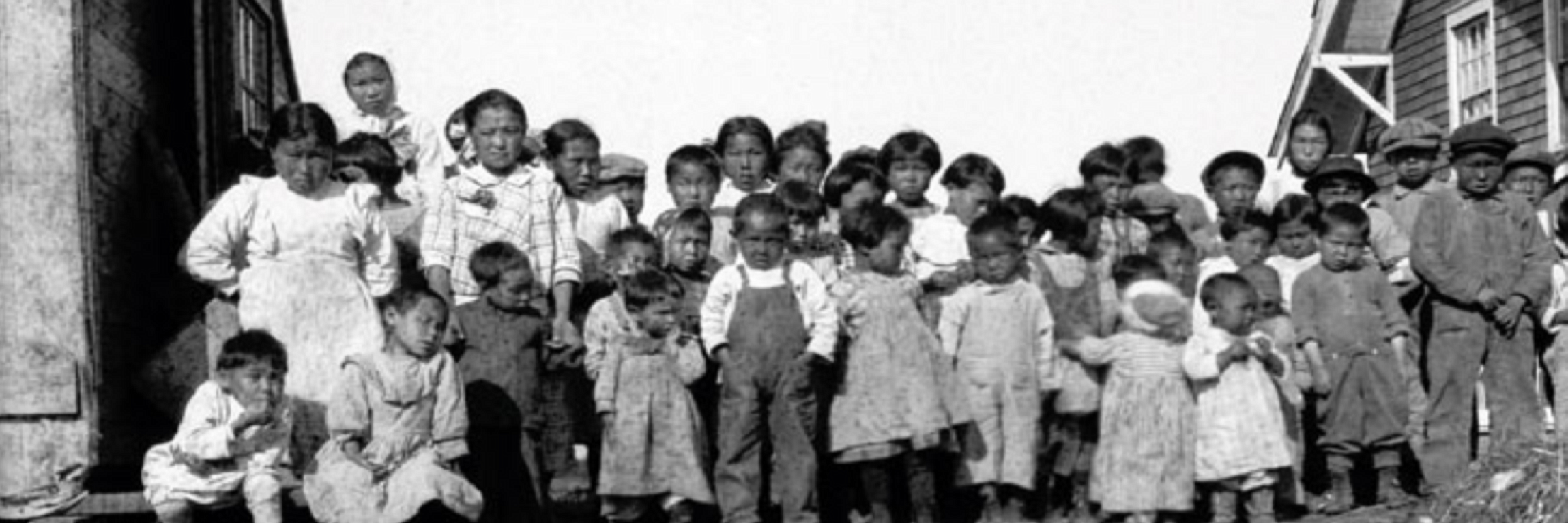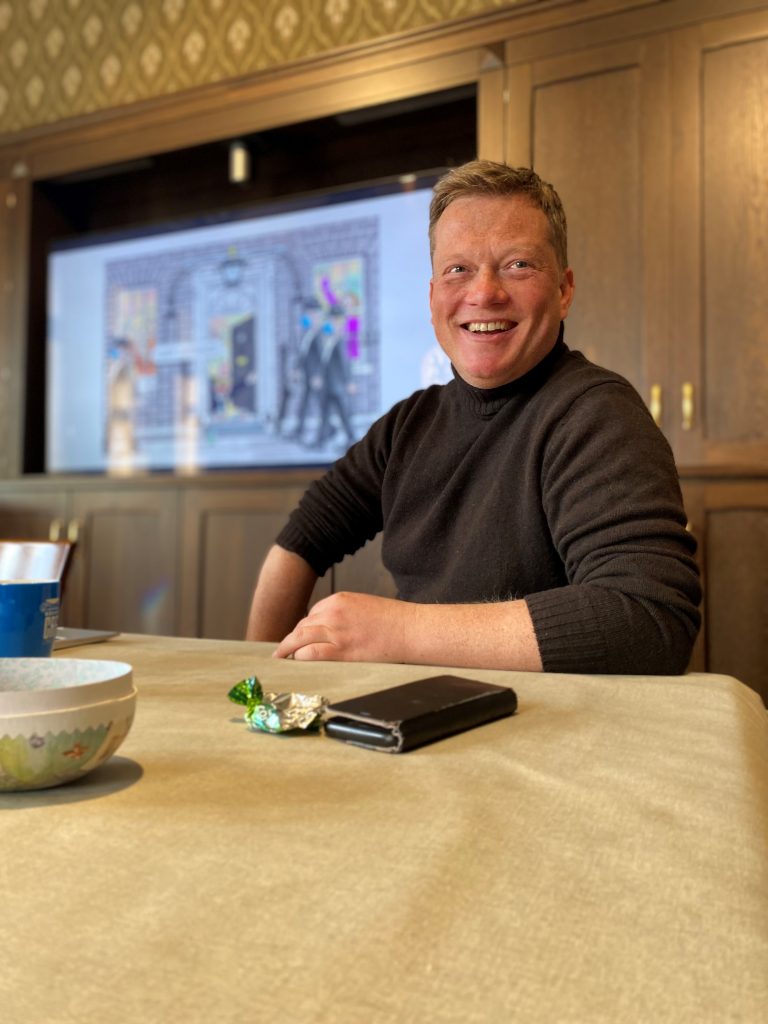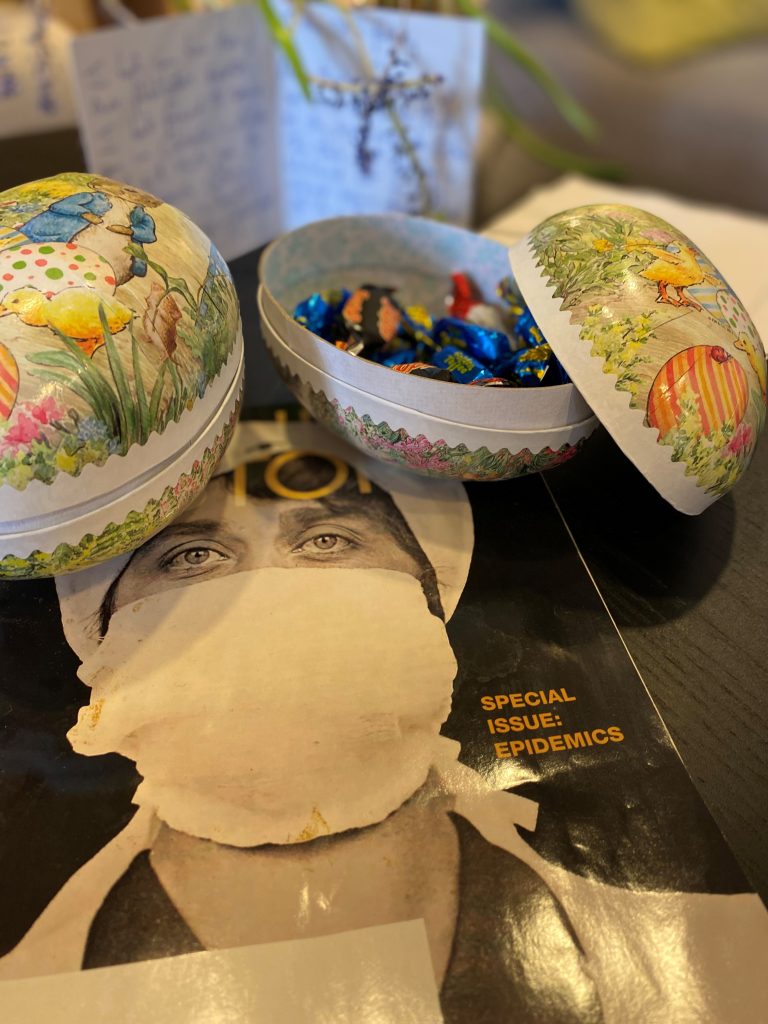Preliminary program for the “Indigenous peoples & Pandemics” workshop on May 13th & conference in Oslo, May 15-16th, is now published.
Read the full program here: Indigenous Peoples & Pandemics conference | CAS (cas-nor.no)


Uddhav Khakurel is a master’s student studying International Social Welfare and Health Policy at Oslo Metropolitan University. He has a background in public health with a bachelor’s degree in public health from Nepal and a master’s degree in Global Health with a specialization in epidemiology from the Norwegian University of Science and Technology.
Having witnessed the impact of the COVID-19 pandemic, Uddhav is committed to understanding the factors influencing the spread of infectious diseases. Udddhav’s interest in this topic reflects his experience of the uneven distribution of the COVID-19 pandemic across different parts of the country.
In addition to his academic pursuits, Uddhav has also gained practical experience working in the field of reproductive health and the rights of women and girls in Nepal with a focus on menstrual health, cervical cancer, and gender-based violence. See previous works below.
As a member of the OsloMet Center for Research on Pandemics & Society (PANSOC), he is working on a project looking at disease spread and mortality among Indigenous people in Alaska during the 1918 influenza pandemic. His work involves digital records of death certificates and the geographic identification of deaths recorded during and around the 1918 influenza pandemic in Alaska.
During his master’s thesis, he will be looking at the spread of the influenza pandemic in Alaska and the role of policies/restrictions and festivals in its distribution.
Previous work:
Publications:
Poster presentation:
Eivind Engebretsen at Home – Centre for Sustainable Healthcare Education (uio.no) visited us at CAS – Senter for grunnforskning / PANSOC today, talking about his new book on narrative pandemic preparedness.
His new book is titled “Rethinking Evidence in the Time of Pandemics: Scientific vs Narrative Rationality and Medical Knowledge Practices” (Cambridge University Press & Assessment, 2022).
The book is available #openaccess for everyone to access and read. You can find the book at this link: https://lnkd.in/d2eujvkh
Very inspiring day indeed.



If you missed the last PANSOC webinar, watch Elisa Perego, University College London, talk about “Long Covid: history, research, future challenges” here:
https://drive.google.com/file/d/197ZYQ3QD1GiqxXOR4K5Qisqy7QULpTRY/view?usp=sharing
One question during the webinar was about references for Long Covid prevalence estimates. Here is one article for those: Chen et al. 2022.
Other past webinars are available here:

On 23 March at 1600 CET, Helga E. Bories-Sawala will present: “The forgotten pandemic that created today’s America. A look at the history textbooks of Québec.” (Contact jessicad@oslomet.no for a link.)
COVID-19 has been compared with other pandemics in history, but only very rarely to the “virgin soil epidemics” and their impact on Native societies who had no immunisation against these diseases of European origin. This paper studies some of these rare contributions. It then traces the coverage of epidemics among First Nations in textbooks on Québec’s national history across different curricula, as well as in two Indigenous textbooks. The textbook analysis is complemented by examining student understanding of this topic through student essays. Despite an increased effort to take into account the Indigenous perspective, we see that this aspect still remains marginalized, and appears more as collateral damage of colonization than in its role as a crucial accelerator. The microbial shock barely figures in the current educational program in Québec. In contrast, both the recommendations of the First Nations Education Council and Indigenous textbooks insist on the decisive historical role of these epidemics.
Bio:
Emeritierte Professorin für Sozialgeschichte Frankreichs und frankophoner Länder an der Universität Bremen, Mit-Gründerin des Bremer Instituts für Kanada- und Québec-Studien, assoziierte Professorin an den Universitäten Sorbonne Paris-Nord und Université de Montréal. Ausgezeichnet mit dem Prix A.-M. Boucher der Association internationale des études québécoises et dem Diefenbaker-Preis 2014-5 des Conseil des Arts du Canada für ein Forschungsprojekt über den Platz der Indigenen im Geschichtsunterricht Québecs, mit Thibault Martin (†) von der Université du Québec en Outaouais.
Professeure émérite d’histoire et de civilisation françaises et francophones à l’université de Brême, Co-Fondatrice de l’Institut brêmois d’Etudes canadiennes et québécoises, Professeure associée de l’université Sorbonne Paris-Nord et de l’Université de Montréal. Récipiendaire du prix A.-M. Boucher de l’Association internationale des études québécoises et de la bourse Diefenbaker 2014-5 du Conseil des Arts du Canada pour un projet de recherche sur la place des Autochtones dans l’enseignement de l’histoire nationale du Québec avec Thibault Martin (†) de l’Université du Québec en Outaouais.
Emeritus professor of French and francophone history at Bremen University, co-founder of the Bremen Institute of Canada and Québec Studies, associate professor at the Université Sorbonne Paris-Nord and the Université de Montréal. Recipient of the prix A.-M. Boucher of the Association internationale des études québécoises and the Diefenbaker Award 2014-15 of the Canada Council for the Arts for a research project on the representation of First Nations in history teaching in Québec, with Thibault Martin (†) of the Université du Québec en Outaouais.

On 16 March at 1600 Oslo time*, Elisa Perego, University College London, will present “Long Covid: history, research, future challenges.”
SARS-CoV-2 is now recognized as a virus associated with high mortality and morbidity. The Covid pandemic has left behind a death toll of several millions, and counting. Many more people, however, never fully recovered from their initial infection and suffer from prolonged symptoms, signs and sequelae –what patients themselves named Long Covid and brought into the spotlight in the early pandemic months. In the first part of the talk, I will detail the rise of Long Covid as a patient-led research and advocacy movement in 2020. In the second part, I will address where we stand now with research on Long Covid as a disease –and how we can best move things forward. Finally, I will address the role of Long Covid in relation to prolonged diseases and sequelae associated with other viral infections, like following the first SARS (Long SARS) and pandemic influenza (Long Flu).
Elisa Perego (MA, PhD) is Honorary Research Fellow at University College London and a Long Covid Kids Champion for the UK Charity Long Covid Kids. She was in hard-hit Lombardy, Italy, during the first Covid wave. Since then, Elisa has contributed to research, policy and science communication on the long-term health effects of SARS-CoV-2 infection. She took part to the landmark WHO meeting of August 2020, which openly recognized Long Covid. She coined the term Long Covid.
Contact jessicad@oslomet.no for a link.
*While some areas will be “springing forward” this coming weekend, we do not do so for a couple weeks still, so be sure to check your time zone conversions!

https://drive.google.com/file/d/1Cqp5jjJsd8S2Xm4na6sggEY6Mttir1ZE/view?usp=share_link
And other past webinars can be found here: